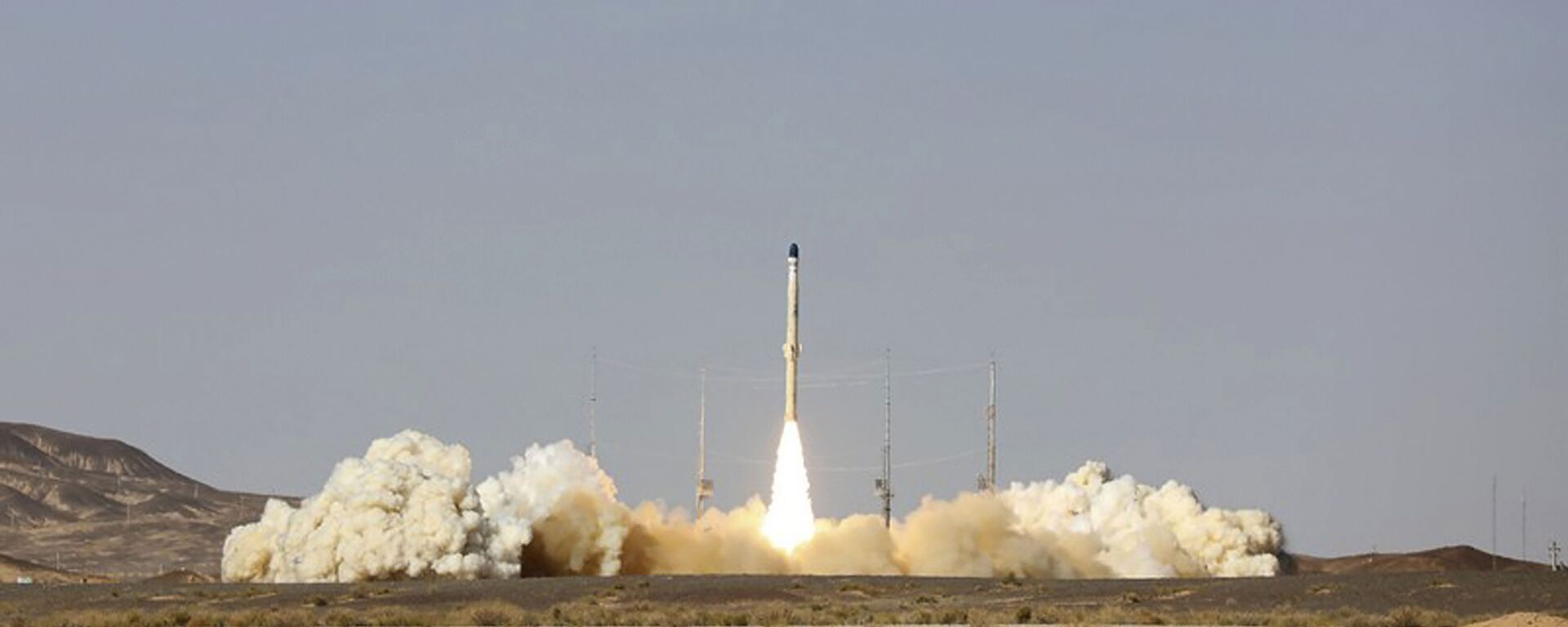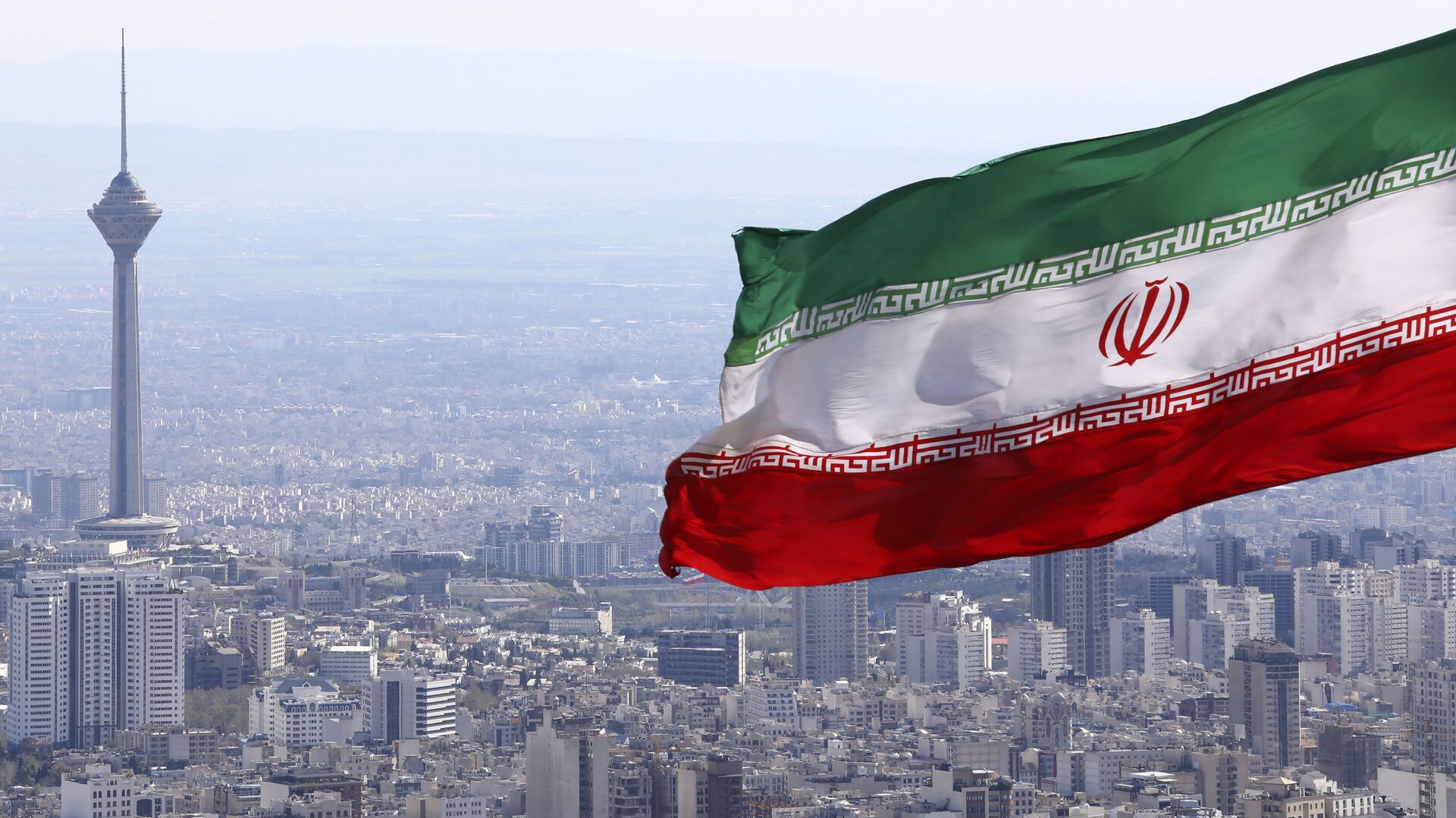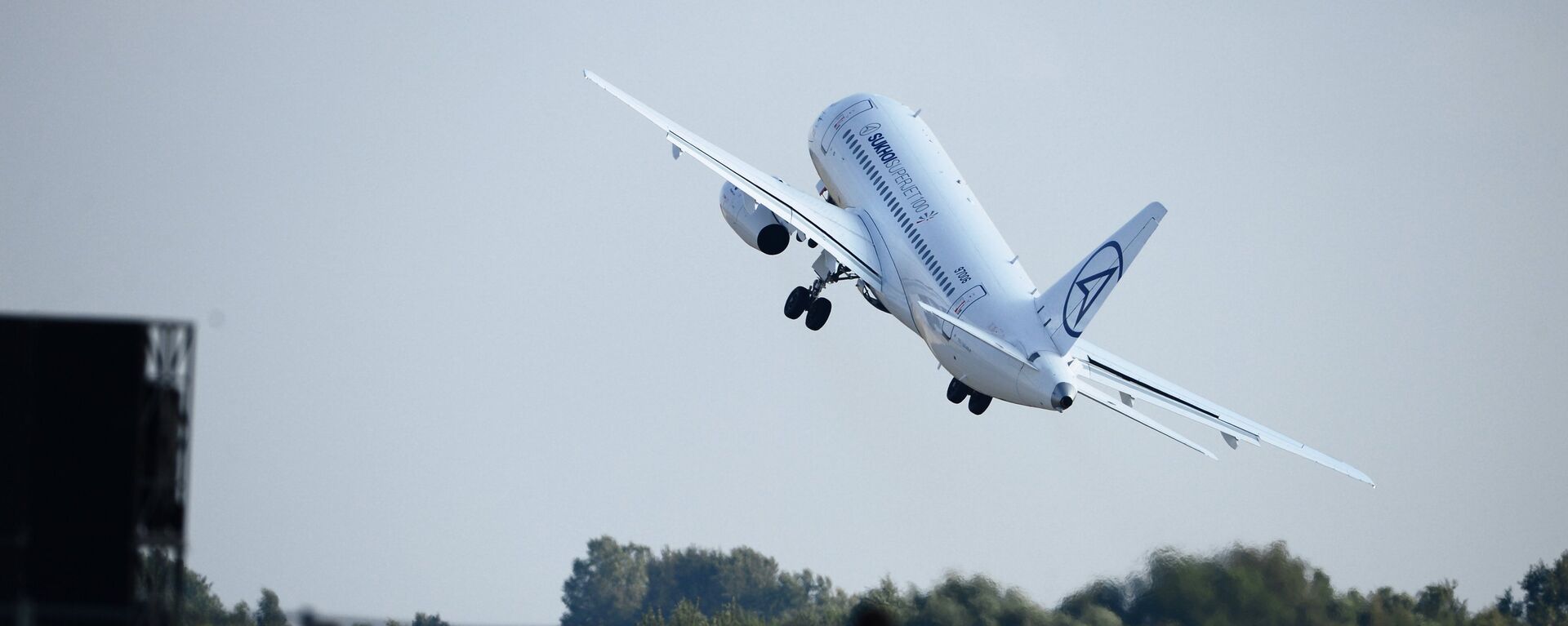https://sputnikglobe.com/20220723/iranian-minister-russia--iran-will-jointly-create-alternatives-to-western-software-telecom-1097728639.html
Iranian Minister: Russia & Iran Will Jointly Create Alternatives to Western Software, Telecom
Iranian Minister: Russia & Iran Will Jointly Create Alternatives to Western Software, Telecom
Sputnik International
Russia's Ministry of Digital Development and Rostec held a meeting with representatives of Iran's Ministry of Information and Communications Technology and the... 23.07.2022, Sputnik International
2022-07-23T16:51+0000
2022-07-23T16:51+0000
2023-04-12T16:58+0000
middle east
world
opinion
rostec
iran
software
telecom
sanctions
embargo
analysis
https://cdn1.img.sputnikglobe.com/img/07e4/0b/0e/1081163985_0:71:3318:1937_1920x0_80_0_0_3172d4937f25c802f5ba69da643f7fb8.jpg
"Iran's Ministry of Information and Communications Technology is responsible for several areas: the regulation of mobile operators, the development of digital services in the country, postal service and its logistics, as well as space activities. We have held talks with the Russian side on all these four areas," said Isa Zarepour, Iran's minister of information and communications technology.Iranian and Russian companies started active cooperation in the field of ICT two months ago. The countries signed a memorandum of understanding [MoU] and reached agreements on bilateral cooperation in the field of communications, information technologies, and postal services. Zarepour hopes that both Russia and Iran will be able to use each other's expertise and best practices in the aforementioned areas more effectively.Russia has been subjected to unprecedented sanctions since it started its special military operation to demilitarize and de-Nazify Ukraine. The US and its allies have targeted almost all sectors of Russia's economy, making it the most sanctioned country in the world.For its part, Iran has long been subjected to Western sanctions and has learned how to operate in an atmosphere of "maximum pressure" as well as how to circumvent the West's restrictions.The Iranian official emphasized that it is necessary to move away from the Western operating systems and applications and cut dependence on their licensed products amid the embargo.To that end, the Islamic Republic of Iran and the Russian Federation are going to invest in the development of strategic database management software (DBMS), Zarepour said, adding that this is one of the key areas of Russo-Iranian cooperation to meet the needs of the public sector of the two states."In some areas, we still have to use foreign platforms," he admitted. "Therefore, [Russia and Iran] must definitely use each other's expertise to fill these gaps and exchange experiences."Russo-Iranian Tech Rapprochement: Step by StepZarepour outlined a potential roadmap of the Russo-Iranian rapprochement in the high-tech sphere. Firstly, according to the politician, they should hold more frequent joint meetings with participation of the countries' manufacturers of soft- and hardware to learn more about each other's needs and capabilities.Secondly, Russian and Iranian companies need to build mutual trust by jointly working and testing new technologies, equipment, and machinery. Thirdly, they should conduct joint research on the development and testing of IT products which could meet the urgent needs of the two countries, the minister said, adding that Moscow and Tehran's MoU is an important step on the path of the technological rapprochement of the two countries.Meanwhile, both Russian and Iranian companies are already willing to buy each other's ICT systems, according to Zarepour.Joint Space ExplorationRussia and Iran are also eyeing enhancing bilateral cooperation in space. The Ministry of Communications and Information Technology founded the Iranian Space Agency in February 2004. Five years later, in February 2009, Iran fired its first satellite into orbit, which coincided with celebrations of the 30th anniversary of the Islamic Revolution.At the time, The New York Times reported that Iran had joined eight other nations that had used their own technologies to send objects into orbit. "In the face of world opposition and sanctions, Iran has joined a very exclusive club," acknowledged Geoffrey E. Forden, a missile expert at the Massachusetts Institute of Technology (MIT), as cited by the NYT.In November 2021, Iranian President Ebrahim Raisi emphasized the utmost importance of the space industry for the Islamic Republic during his meeting of the Supreme Council of Space. "Today, knowledge-based companies, industry, trade, agriculture and tourism can use space services for their development and growth in overcoming climate problems, including water shortages and dozens of other areas," the president said, setting the goal of reaching the 36,000 km geostationary orbit.What's more, Moscow and Tehran have already planned joint space programs, the minister pointed out, expressing hope that they will be launched "very soon."
https://sputnikglobe.com/20220331/russias-rostec-develops-software-for-data-transmission-on-indigenous-ssj-planes-1094359263.html
https://sputnikglobe.com/20220115/iran-tests-first-solid-fuel-space-rocket-for-cheaper-satellite-delivery-irgc-general-says-1092275881.html
iran
Sputnik International
feedback@sputniknews.com
+74956456601
MIA „Rossiya Segodnya“
2022
News
en_EN
Sputnik International
feedback@sputniknews.com
+74956456601
MIA „Rossiya Segodnya“
Sputnik International
feedback@sputniknews.com
+74956456601
MIA „Rossiya Segodnya“
middle east, opinion, rostec, iran, software, telecom, sanctions, embargo, space
middle east, opinion, rostec, iran, software, telecom, sanctions, embargo, space
Iranian Minister: Russia & Iran Will Jointly Create Alternatives to Western Software, Telecom
16:51 GMT 23.07.2022 (Updated: 16:58 GMT 12.04.2023) Russia's Ministry of Digital Development and Rostec held a meeting with representatives of Iran's Ministry of Information and Communications Technology and the country's IT companies in Moscow on July 22. The sides created a joint working group to cooperate in the areas of e-government, intelligence, electronic equipment, and cybersecurity.
"Iran's Ministry of Information and Communications Technology is responsible for several areas: the regulation of mobile operators, the development of digital services in the country, postal service and its logistics, as well as space activities. We have held talks with the Russian side on all these four areas," said Isa Zarepour, Iran's minister of information and communications technology.
Iranian and Russian companies started active cooperation in the field of ICT two months ago. The countries signed a memorandum of understanding [MoU] and reached agreements on bilateral cooperation in the field of communications, information technologies, and postal services. Zarepour hopes that both Russia and Iran will be able to use each other's expertise and best practices in the aforementioned areas more effectively.
Russia has been subjected to unprecedented sanctions since it started its special military operation to demilitarize and de-Nazify Ukraine. The US and its allies have targeted almost all sectors of Russia's economy, making it the most sanctioned country in the world.
For its part,
Iran has long been subjected to Western sanctions and has learned how to operate in an atmosphere of "maximum pressure" as well as how to circumvent the West's restrictions.
"The Islamic Republic of Iran has developed its own platforms in many fields; they are used everywhere, starting with e-commerce and ending with passenger transportation," said Zarepour. "We have very good domestic software for the provision of insurance and public digital services to the public. Russia also has its own platforms. Therefore, during the talks we declared our readiness to create joint IT platforms to exploit them in the two countries."
The Iranian official emphasized that it is necessary to move away from the Western operating systems and applications and cut dependence on their licensed products amid the embargo.
To that end, the Islamic Republic of Iran and the Russian Federation are going to invest in the development of strategic database management software (DBMS), Zarepour said, adding that this is one of the key areas of Russo-Iranian cooperation to meet the needs of the public sector of the two states.
"In some areas, we still have to use foreign platforms," he admitted. "Therefore, [Russia and Iran] must definitely use each other's expertise to fill these gaps and exchange experiences."
Russo-Iranian Tech Rapprochement: Step by Step
Zarepour outlined a potential roadmap of the Russo-Iranian rapprochement in the high-tech sphere. Firstly, according to the politician, they should hold more frequent joint meetings with participation of the countries' manufacturers of soft- and hardware to learn more about each other's needs and capabilities.
Secondly, Russian and Iranian companies need to build mutual trust by jointly working and testing new technologies, equipment, and machinery. Thirdly, they should conduct joint research on the development and testing of IT products which could meet the urgent needs of the two countries, the minister said, adding that Moscow and Tehran's MoU is an important step on the path of the technological rapprochement of the two countries.
Meanwhile, both Russian and Iranian companies are already willing to buy each other's ICT systems, according to Zarepour.
"Several Iranian companies have inked agreements with Russian companies envisaging the supply of Iranian products in the field of ICT, which Russia needs," the Iranian minister said. "On the other hand, Iran also needs Russia's assistance in ensuring security of communications systems, because Russia is the leader in this field. So, the cooperation is mutually beneficial: the countries can help each other in ensuring [functionality and operability] of the IT infrastructure which has become the major pillar of life for every one of us."

15 January 2022, 10:40 GMT
Russia and Iran are also eyeing enhancing bilateral cooperation in space. The Ministry of Communications and Information Technology founded the Iranian Space Agency in February 2004. Five years later, in February 2009, Iran fired its first satellite into orbit, which coincided with celebrations of the 30th anniversary of the Islamic Revolution.
At the time, The New York Times
reported that Iran had joined eight other nations that had used their own technologies to send objects into orbit. "In the face of world opposition and sanctions, Iran has joined a very exclusive club," acknowledged Geoffrey E. Forden, a missile expert at the Massachusetts Institute of Technology (MIT), as cited by the NYT.
In November 2021, Iranian President Ebrahim Raisi
emphasized the utmost importance of the space industry for the Islamic Republic during his meeting of the Supreme Council of Space. "Today, knowledge-based companies, industry, trade, agriculture and tourism can use space services for their development and growth in overcoming climate problems, including water shortages and dozens of other areas," the president said, setting the goal of reaching the 36,000 km geostationary orbit.
"Russia is one of the leading countries in the space industry in the world," said Zarepour. "Iran started space exploration activities almost 20 years later. However, currently Iran has good opportunities in the field of creating various satellites and launching them into orbit. Not so long ago, Iran sent its first domestic satellite into orbit using its own domestic launcher. Therefore, we must use the experience and knowledge of scientists from our friendly and brotherly country, Russia, so that we can improve our capabilities in the field of space exploration, or could create joint projects in this area."
What's more, Moscow and Tehran have already planned joint space programs, the minister pointed out, expressing hope that they will be launched "very soon."




